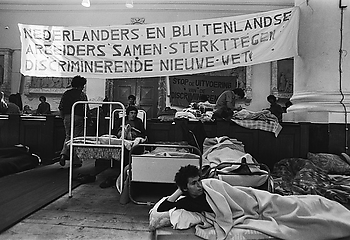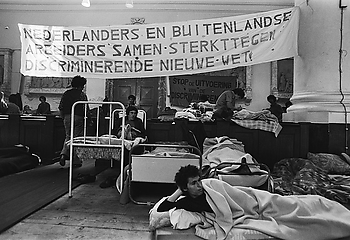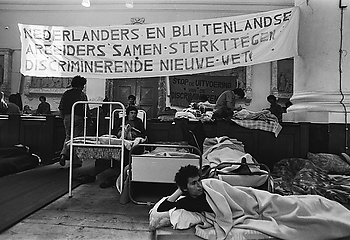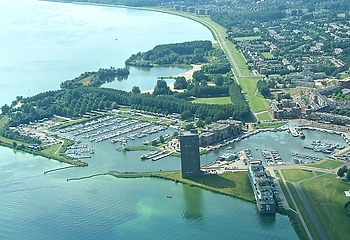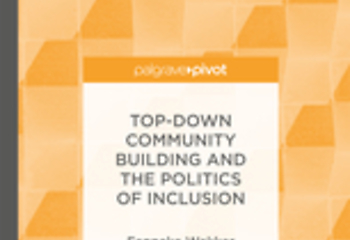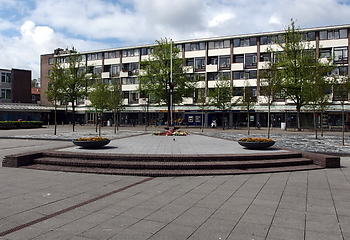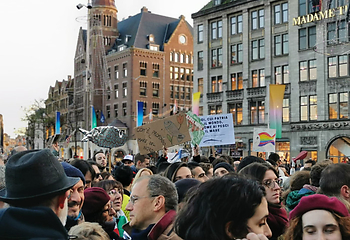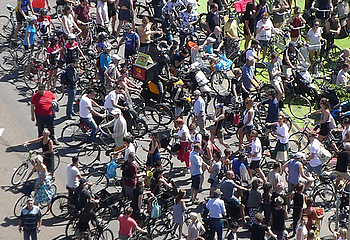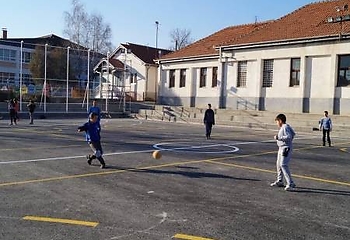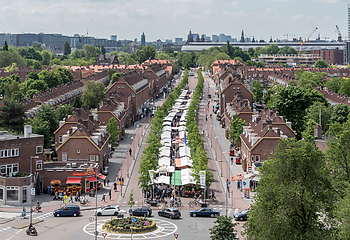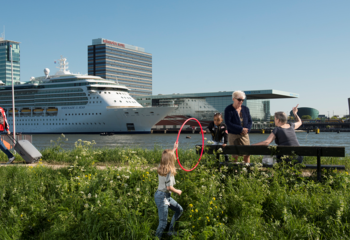This paper uses multi-level longitudinal mixed-methods to map changes in citizens’ experiences of technological risks and asks if these are influenced by risk governance. We focus on the uncertain health risks of mobile phone cell sites. We quantitatively survey a national level panel of citizens in the Netherlands and make use of mixed-method panels of citizens who are being confronted with siting practices in the Netherlands and Southern California. We find that often and unsurprisingly cell site deployment is of limited importance in the everyday lives of citizens.
However, at closer inspection we find three ways in which risk governance affects citizens’ experiences. First, the framing of cell site deployment among citizens closely resembles the frames in policy. Second, following the depoliticization of cell phone health risks, the absence of alarming health effects and the withering of public debate, a stable three quarter of citizens seems unconcerned for a couple of years, while an equally stable quarter reports health worries. This stability is in line with the stabilized dominant policy discourse. Third, on an individual and local level, we do find some changes in citizens’ risk perception, framings, feelings and – albeit very limited, actions. These changes can partly be traced to local siting procedures. Our findings point to the need to examine the concrete practices through which a problem and its public emerge over time in the context of wider dominant political discourses.
de Graaff, M. B., & Bröer, C. (2019). Governance and risk in everyday life: depoliticization and citizens' experiences of cell site deployment in the Netherlands and Southern California. Journal of Risk Research, 22(12), 1586–1601.
DOI: https://doi.org/10.1080/13669877.2018.1501596






